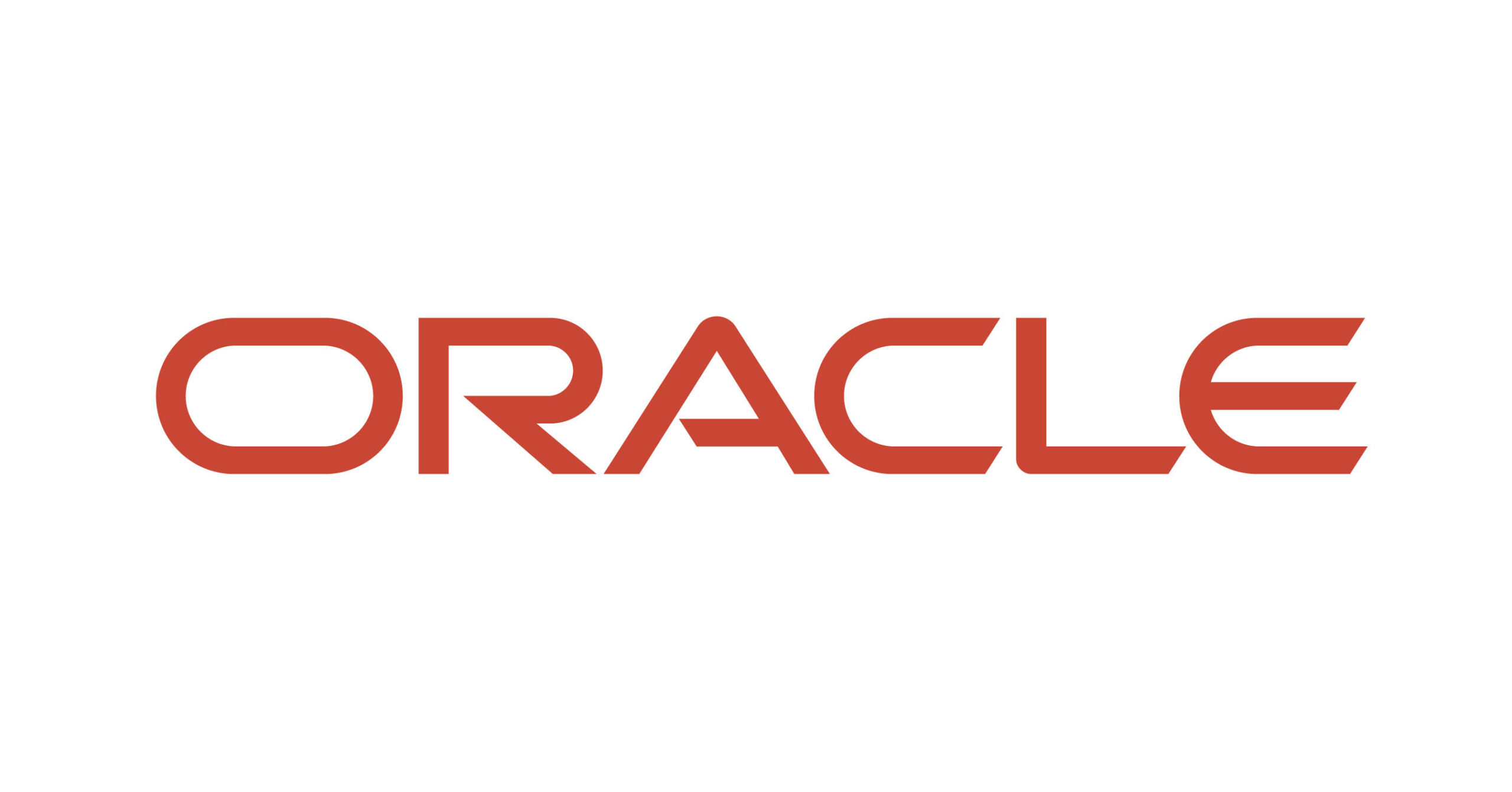
Oracle Collaborates with Microsoft to House Exadata Hardware in Azure Data Centers Oracle, a global technology giant, is embarking on a strategic partnership with Microsoft by placing its Exadata hardware within Microsoft’s Azure public-cloud data centers. This collaboration represents a significant development in the cloud computing landscape, as two industry leaders join forces to offer enhanced services to their respective customers. While Oracle and Microsoft will continue to compete in the cloud-based infrastructure market, this partnership underscores Oracle’s strategy to ensure its products remain an integral part of customers’ cloud adoption, even when opting for other cloud providers like Azure. In this article, we explore the details and implications of this innovative collaboration.
Integrating Exadata Hardware with Azure: Oracle’s Exadata hardware is renowned for its performance and efficiency in handling data-intensive workloads. By placing Exadata hardware within Azure data centers, Oracle aims to leverage Azure’s extensive and well-established cloud infrastructure to provide its customers with high-performance, scalable, and reliable solutions.
Competition and Collaboration: It’s noteworthy that Oracle and Microsoft will continue to compete in the cloud-based infrastructure sector. However, this partnership demonstrates the industry’s trend toward strategic collaborations that benefit both customers and providers. Oracle recognizes Azure’s expansive and mature cloud ecosystem, making it an ideal environment to enhance the delivery of Exadata services.
Enhanced Customer Experience: The collaboration between Oracle and Microsoft is ultimately about providing customers with a more comprehensive and integrated cloud experience. Customers can now access Oracle’s Exadata capabilities through Azure, streamlining their cloud operations and potentially reducing complexity in managing hybrid or multi-cloud environments.
Oracle’s Strategy for Multi-Cloud Adoption: Oracle’s approach to cloud services reflects its recognition of the evolving preferences of customers who increasingly embrace multi-cloud and hybrid cloud strategies. By offering its services through partnerships with major cloud providers like Microsoft, Oracle ensures its products and solutions remain relevant and accessible to customers, regardless of their chosen cloud platforms.
Future Implications: This partnership between Oracle and Microsoft sets a precedent for increased collaboration among tech giants in the cloud computing industry. As organizations seek diverse and specialized solutions in their cloud journeys, such collaborations enable them to leverage the strengths of multiple providers while minimizing potential complexities.
Oracle’s decision to place its Exadata hardware within Microsoft Azure data centers marks a significant step in the cloud computing landscape. It exemplifies the industry’s shift towards strategic partnerships that benefit both providers and customers. This collaboration enhances the options available to customers, streamlines cloud operations, and underscores Oracle’s commitment to remaining relevant in the era of multi-cloud and hybrid cloud adoption. As cloud computing continues to evolve, such partnerships will likely play a pivotal role in shaping the future of the industry.

